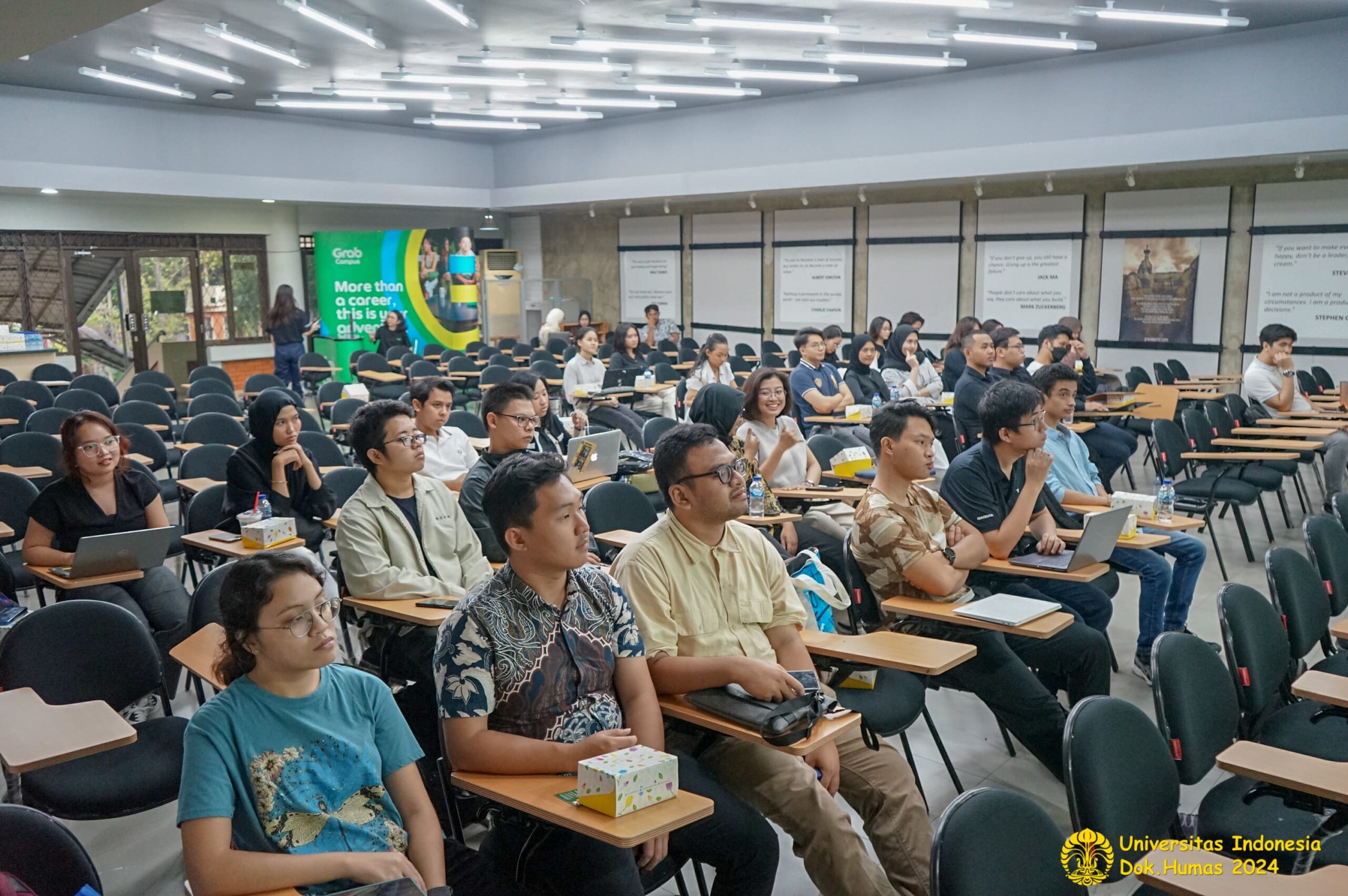As a country endowed with natural aquatic resources, Indonesia has great potential in utilizing algal biomass, both microalgae and macroalgae. Algae are unique organisms that have similar functions to plants, which make photosynthesis so they can be a source of chemicals by absorbing carbon dioxide (CO2) and sunlight. However, algae commodities from Indonesia are generally still exported in raw form so downstream needs to be done to increase the added value of these commodities.
The Department of Chemical Engineering, Faculty of Engineering UI, continues to take part in the research and development of microalgae. Lecturers and students at this department continuously investigate microalgae cultivation techniques in photobioreactors, including pigment extraction and synthesis of bioproducts such as biodiesel. Research related to decarbonization through CO2 absorbed by microalgae has also become the focus of research.
To support increasing the value of algae commodities in Indonesia through downstreaming, the Department of Chemical Engineering UI held a Focus Group Discussion (FGD) with the theme “Looking Up the Potential of Chemical Products from Plant-Based Resources for the National Industry Sustainability.” This FGD discussed several uses of algae as chemicals, including bactoagar, squalene, and omega-3s such as eicosapentaenoic acid (EPA) and docosahexaenoic acid (DHA), as well as how they are used in industry.
“Microalgae, which live in waters and depend on photosynthesis, are the main focus of development in Indonesia. Various parties, including universities, state research institutions, and companies, are actively researching and developing the use of microalgae for various purposes. Microalgae research and development includes 3 main aspects, namely the transformation of microalgae biomass into other products, extraction of active ingredients, and decarbonization through CO2 absorbed by microalgae,” said Dr. Dianursanti, S.T., M.T., Head of the Macroalgae and Microalgae Study Team at the Department of Chemical Engineering UI.
Dean of Faculty of Engineering UI, Prof. Dr. Heri Hermansyah, S.T., M.Eng., IPU. said, “The use of microalgae in Indonesia is not only limited to research. Currently, several local companies have succeeded in cultivating microalgae and transforming them into consumer goods with competitive economic value. Several production facilities with high CO2 emissions have also trialed CO2 capture using integrated microalgae cultivation.”
Through the FGD, the team discovered that several chemicals related to pharmaceutical, nutraceutical, cosmetic, and laboratory test products were still imported. This results in the supply of chemicals by industrial users (off-takers) costs relatively high. On the other hand, off-takers are encouraged to increase the Domestic Component Level. Thus, synergy between research actors and industry is crucial and needs to be optimized to accelerate the implementation of the development of chemical production from algae locally.
The FGD that took place at Floating Hall of UI Campus Central Library, Depok on December 8, was also attended by the Macroalgae and Microalgae study team Department of Chemical Engineering UI, represented by Dr. Dianursanti, S.T., M.T. and Dr. Tania Surya Utami, ST. MT., Government representatives from the National Research and Innovation Agency and the Oil and Gas Institute, as well as industrial partners, including Septian Marno (Pertamina LLC), Iwan Ridwanto (Dipa Puspa Labsains LLC), Irene Triyanti (Nutrifood Indonesia LLC), Adhi Nugraha (IMCD LLC), and Juang Arwafa (Paragon Technology and Innovation LLC).



